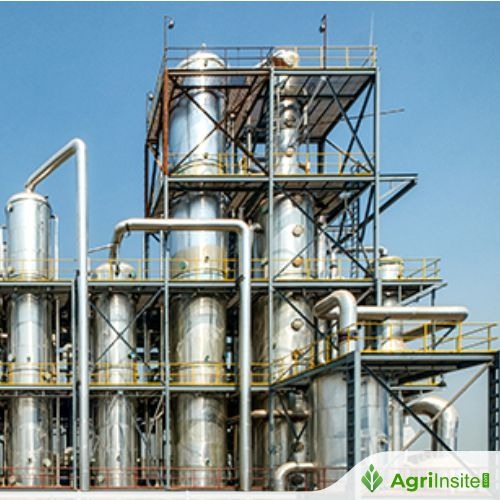Telangana : Farmers Rise in Protest: Pedda Dhanwada Villagers Say No to Ethanol Factories on Farmland

Farmers in Chintanur and Peddha Dhanwada, Telangana, are fiercely opposing ethanol factory construction on fertile land. Protests intensified as villagers blocked officials preparing the sites. Locals fear the loss of farmland will threaten food security and livelihoods. Despite promises of green energy benefits, villagers allege commercial motives and demand the projects be scrapped.
2/2
Gadwal: Tensions are running high in parts of rural Telangana as farmers and local communities rise in protest against the establishment of ethanol factories in agricultural regions. In a powerful show of grassroots resistance, villagers in Chintanur of Narva Mandal, Narayanpet district, and Peddha Dhanwada of Aija Mandal, Jogulamba Gadwal district, have voiced strong opposition to the construction of ethanol production units on fertile farmland.
Earlier this week, officials including the District Collector, Revenue Division Officers, and police personnel arrived at Chintanur village carrying iron rods and materials, reportedly in preparation for groundwork near the proposed factory site. However, they were met with unexpected resistance from the villagers, who came together chanting slogans like “We don’t want the ethanol factory” and refused to allow any activity.
Similar scenes unfolded in Peddha Dhanwada, where women farmers marched beside their fields, holding placards and raising slogans. They proceeded toward the proposed construction site, protesting against the destruction of farmland. Their message was clear: agriculture is their livelihood, and they will not stand by as their land is handed over for industrial purposes.
Residents have been voicing their concerns for months. From public dharnas to the submission of memoranda to district authorities, the villagers have made their opposition known. Despite this, officials appear to be pressing forward, citing benefits for the farming community and promises of green energy development. However, locals are unconvinced. They claim that behind the promise of development lies a commercial agenda. Large tracts of farmland have already been sold off to corporate entities, they allege, not for farmer welfare but for real estate and industrial expansion. This is causing a steady decline in cultivable land, forcing communities to buy food grains at high prices due to the shrinking of their own food production capabilities.
“These factories are not for our benefit. They’re destroying our land and future,” said a protesting farmer from Peddha Dhanwada. “Once the land is gone, how will we grow food? What will we eat?” The protests underscore a growing concern that agrarian voices are being ignored in the name of progress. Farmers and activists argue that sustainable agriculture, not industrialization, should be the priority in rural areas. They fear that if the trend continues, food security will become a crisis for rural families, and traditional livelihoods will be lost. As the resistance gains momentum, it highlights the ongoing battle between development projects driven by corporate partnerships and the rights of communities to protect their land and way of life. Farmers’ unions and local activists have expressed solidarity with the protesting villagers and called for immediate withdrawal of the factory proposals. “This is not just a local issue,” said one activist. “It’s about the future of agriculture in Telangana. These protests are about survival, about preserving what little is left of our fertile lands. The situation remains tense, with villagers vowing to continue their struggle. For them, this is not just about resisting a factory—it’s about protecting their soil, their food, and their dignity.
To Read more about Ethanol Industry & Bio Energy News, continue reading Agriinsite.com
Source : The Hans India
















